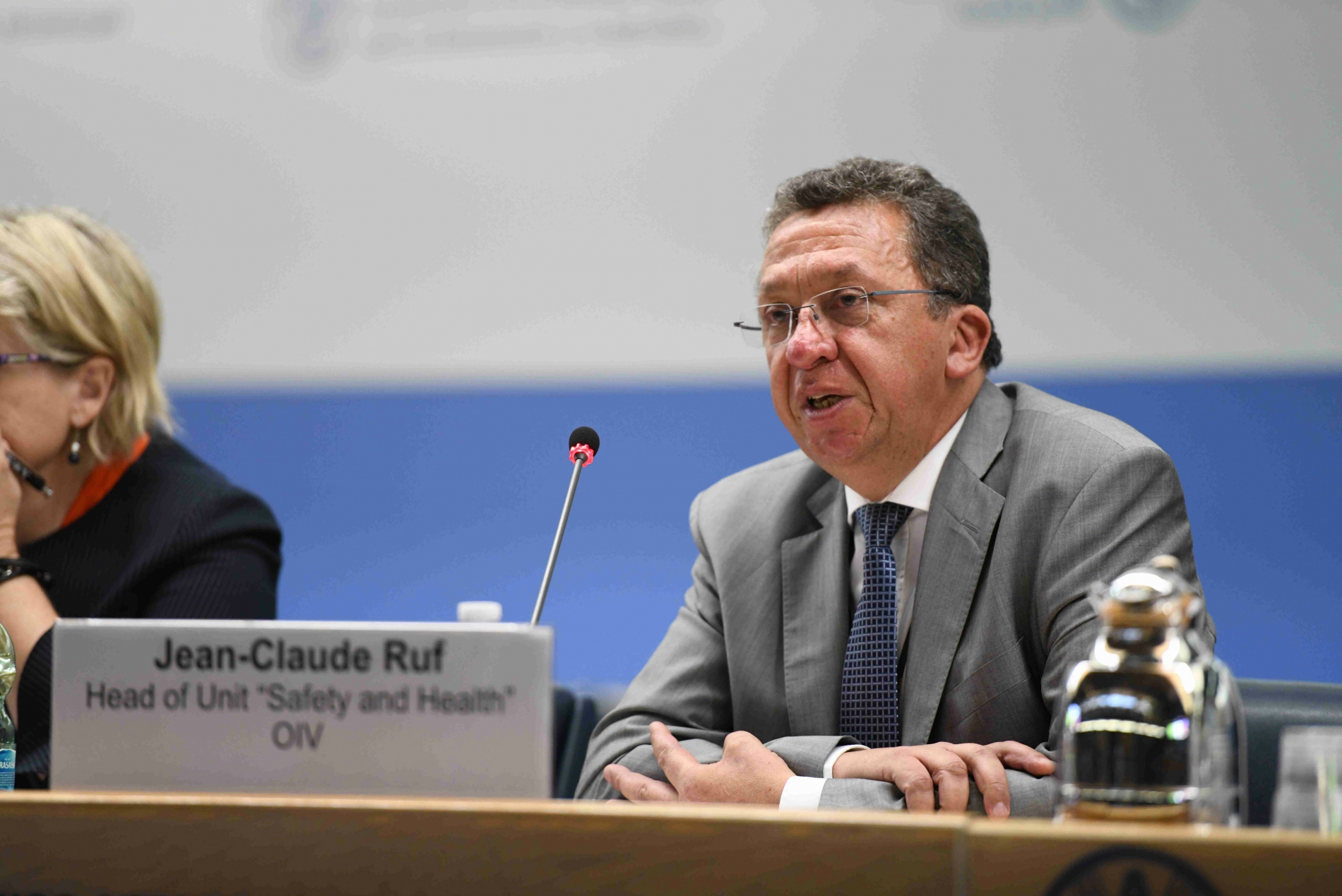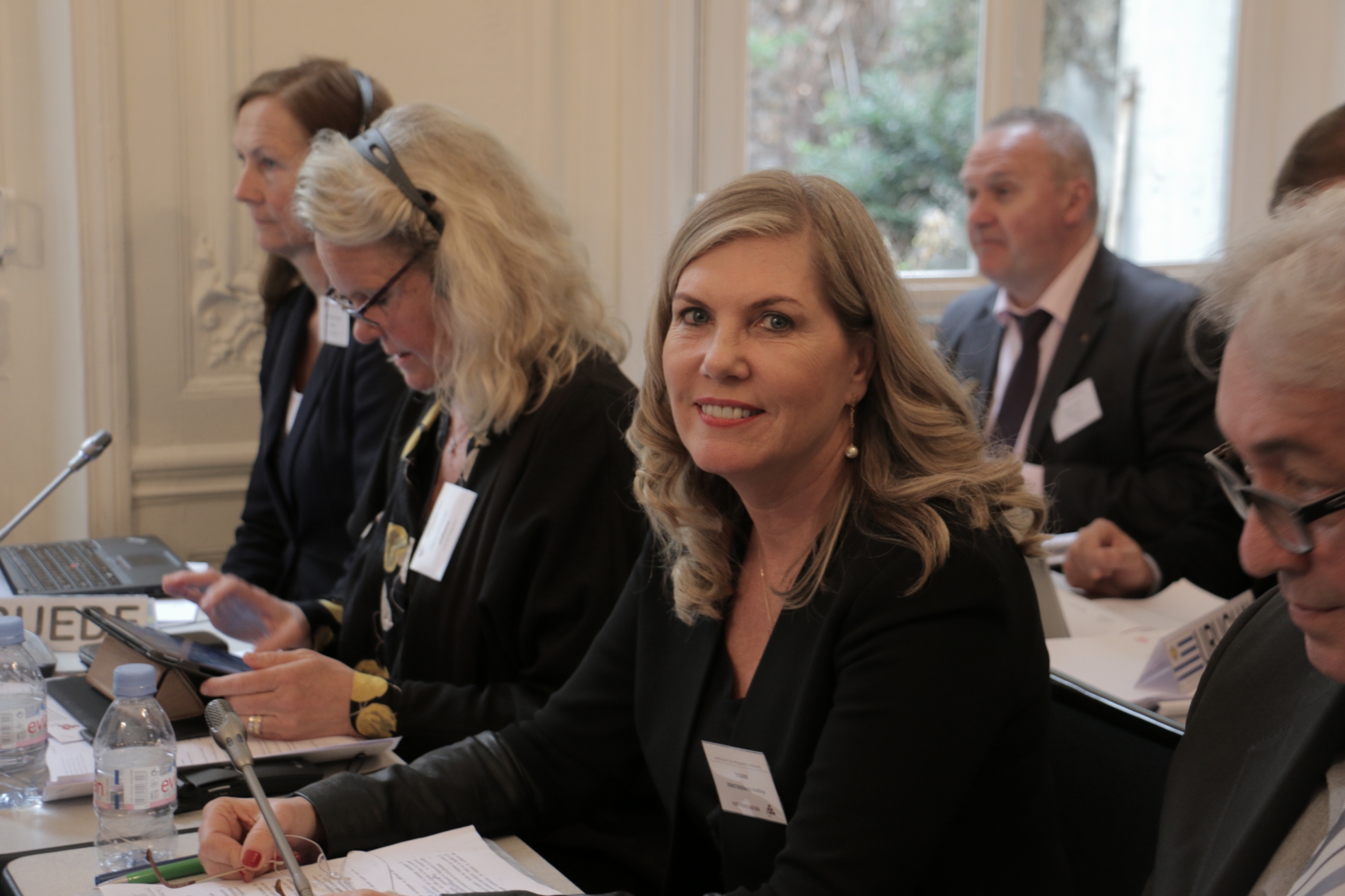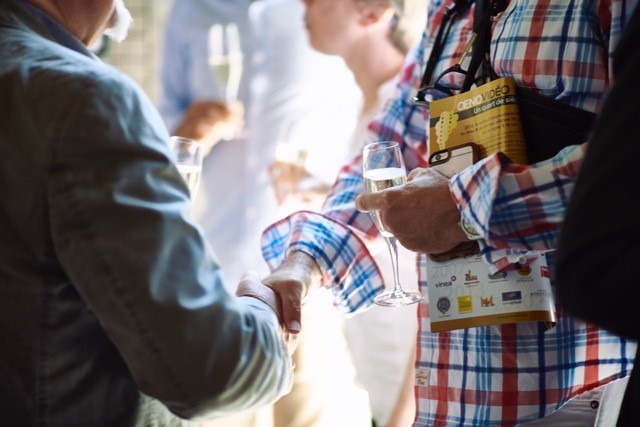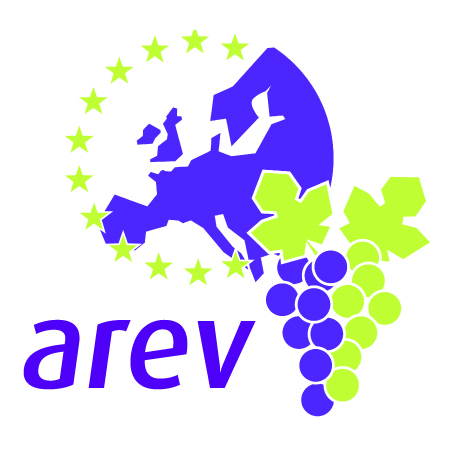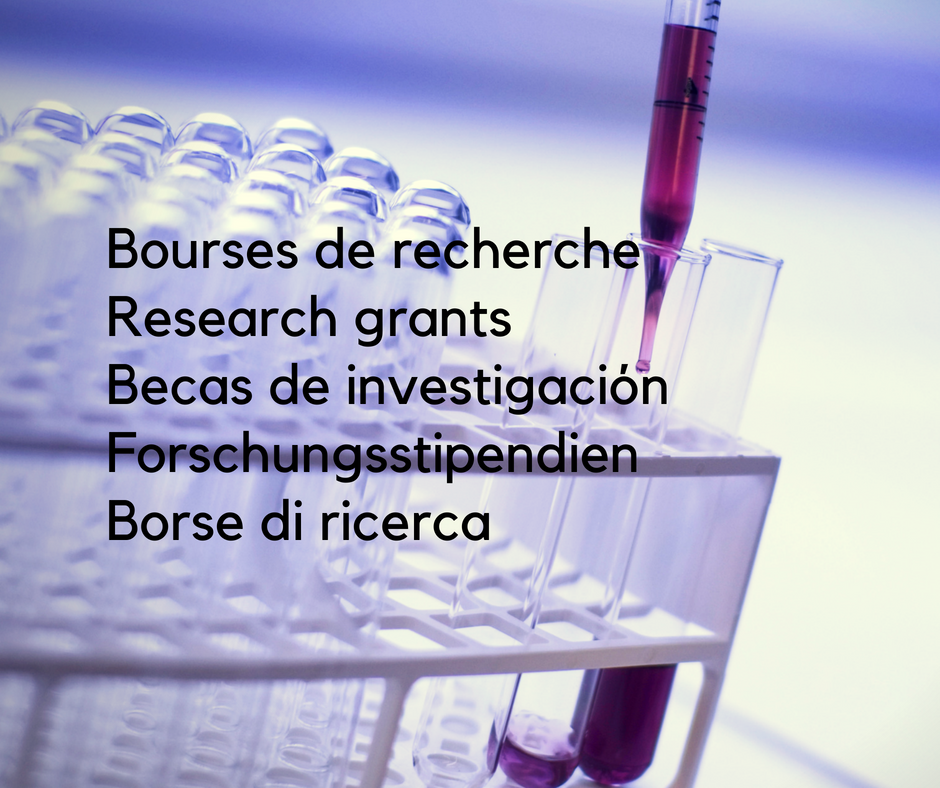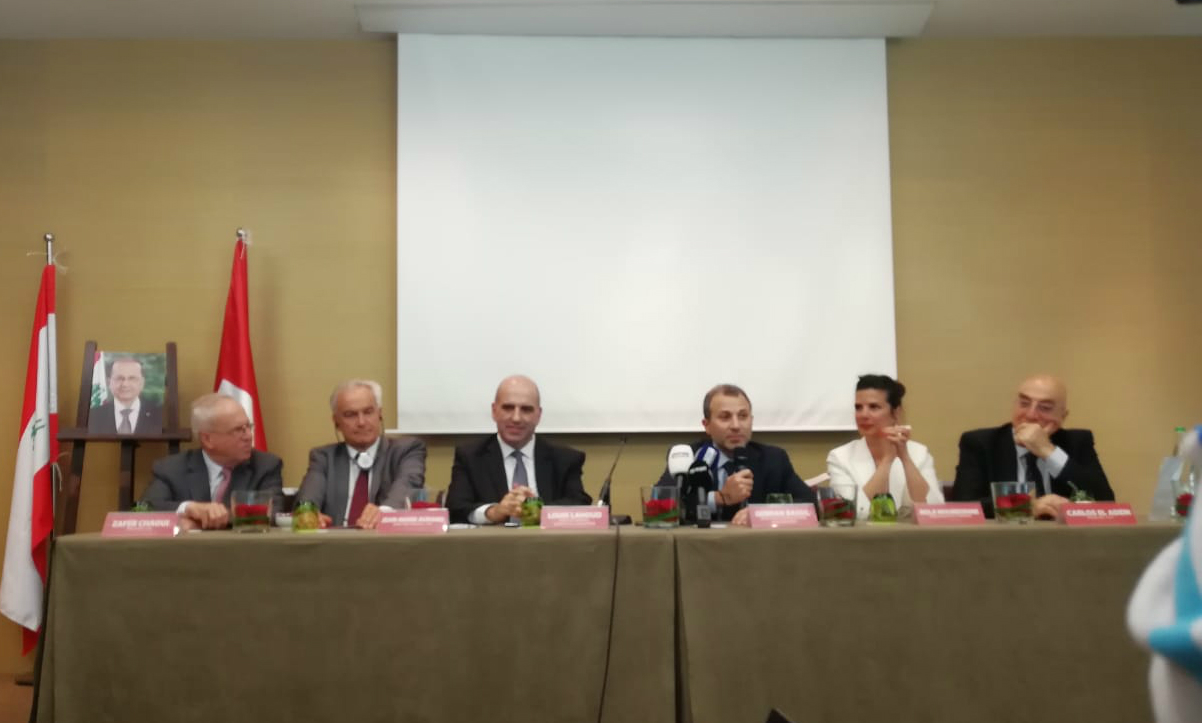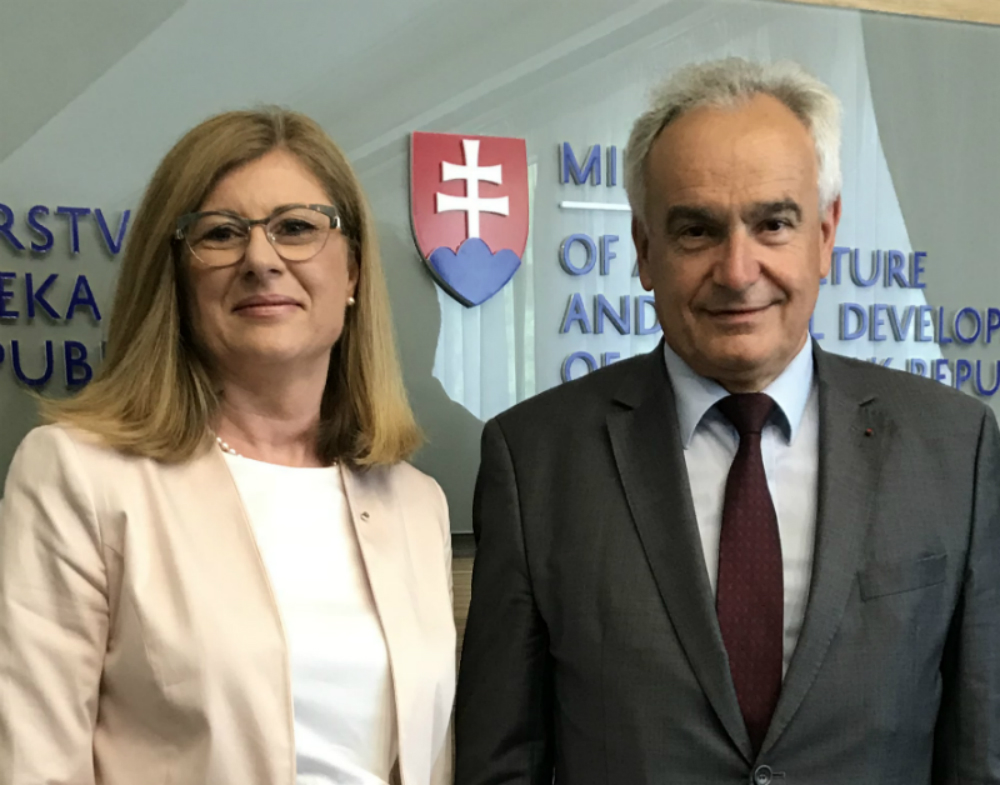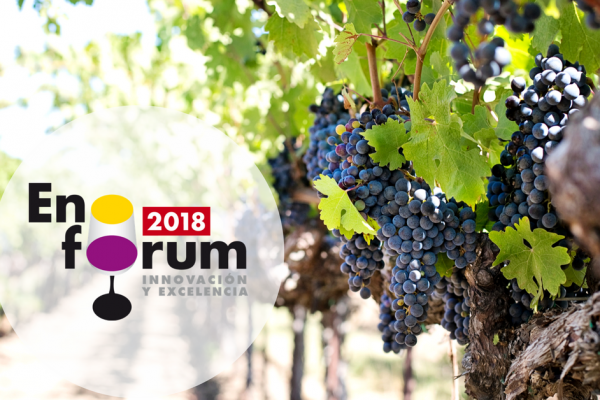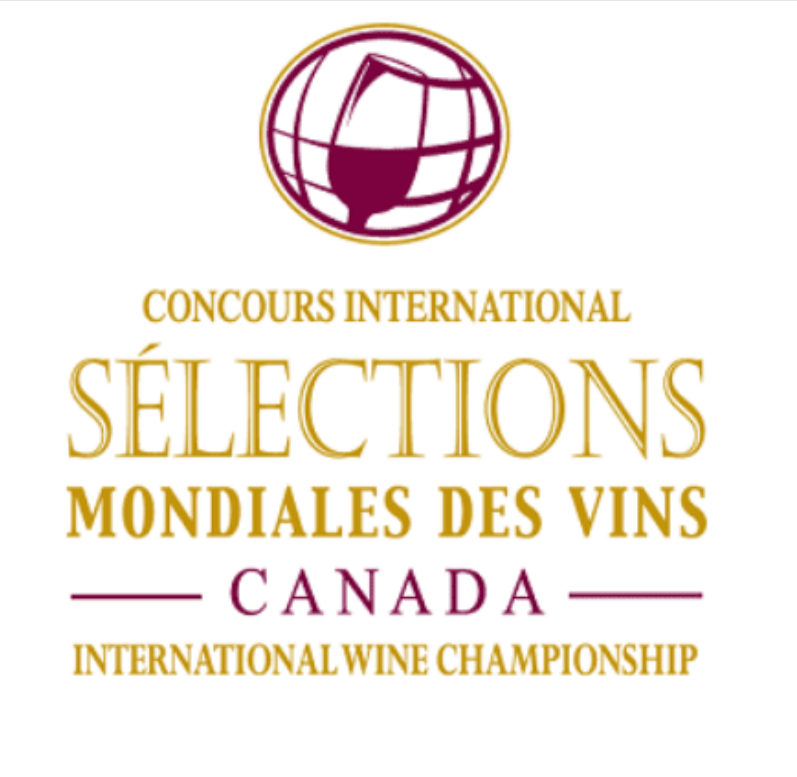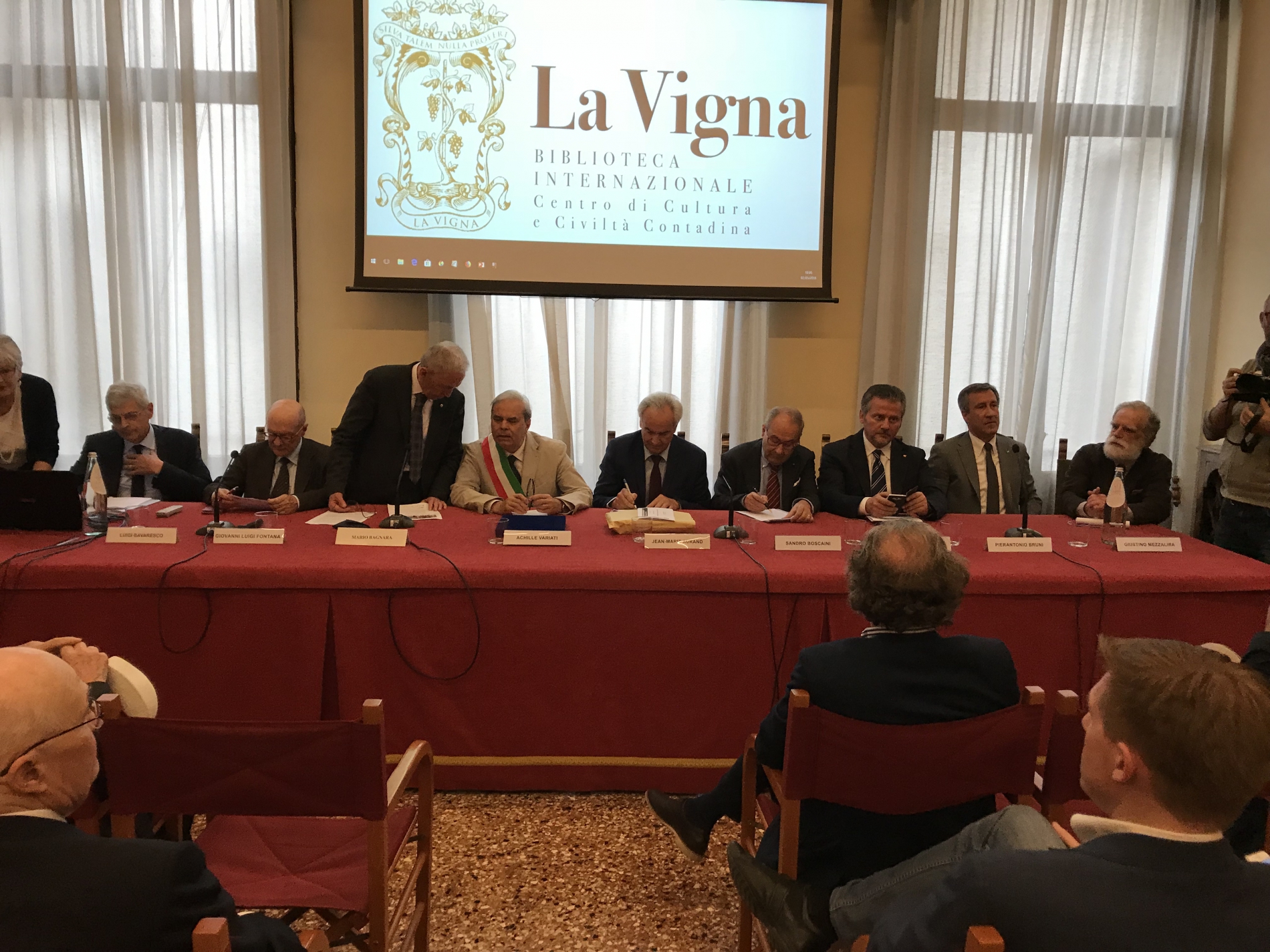11 июл 2018
Alongside the 41st session of the Codex Alimentarius Commission, the OIV participated in a round table of intergovernmental organizations on questions linked to the authenticity and identity of food products.During this session, facilitated by Carlos Laorden from El País, the participants emphasized the need to define a common terminology and take measures to reduce the risks of falsification and deception of consumers.The improvement of tracking systems, the adoption of new technologies and the development of new electronic systems can be important tools in the fight against counterfeiting. The OIV StandardsJean-Claude Ruf, the Scientific Coordinator for the OIV, emphasized that there exist challenges specific to the vitivinicultural sector, where fraudulent practices most often lead to a change in the quality and authenticity of products rather than to health risks.At the level of the OIV, this need to guarantee authenticity and identity is addressed through the adoption of standards, notably regarding:
- the definition of products,
- oenological practices: these must in particular take into account the consumer’s safety, not significantly modify the original qualities of the grape and the wine and not deceive the consumer,
- labelling rules,
- establishment of traceability guidelines,
- establishment of analytical norms in order to check origins and traceability.
04 июл 2018
Regina Vanderlinde addressing the Member States after the announcement of her electionA Brazilian has been elected as President of the International Organisation of Vine and Wine for the next three years, succeeding Monika Christmann. Régina VANDERLINDE, a professor of biotechnology at the University of Caxias do Sul has been elected by the Member States of the OIV for a mandate of three years.Holding a doctorate in biological sciences with a focus in enology-ampélologie from the ‘Université de Bordeaux’ she has been a member of the Brazilian delegation to the OIV she also served as the Scientific Secretary of the Sub-commission for Methods of Analysis.She is happy that South American viticulture has been recognised by the community of the OIV and is pleased to be the third consecutive female President of the OIV. Here's a short video where the new president expresses her thanks to the member states and her future goals at the OIV presidency (in French and subtitled in English): At this General Assembly the Presidents of the scientific bodies were also elected:Commission I ViticultureVittorino NOVELLO (Italy) suceeds à Benjamin BOIS (France)Commission II EnologyDominique TUSSEAU (France) suceeds Luigi MOIO (Italy)Commission III Law and EconomyDimitar ANDREEVSKI (Bulgaria) suceeds Tony BATTAGLENE (Australia)Commission IV Safety and HealthGheorghe ARPENTIN (Moldavia) suceeds Nuria GARCIA TEJEDOR (Spain)Sub-commission Methods of AnalysisMarkus HERDERICH (Australia) suceeds Ondrej MIKES (Czech Republic)Sub-commission Non-fermented products, table grapes and raisinsAlejandro MARIANETTI (Argentina) suceeds Luis PERES DE SOUSA (Portugal)
02 июл 2018
The Grand Jury in front of the Gabrielle Dorziat theatre ©LoïcLemahieu/AudreyMarcyThe Gabrielle Dorziat theatre in Epernay (listed as a historical monument) hosted 38 official projections, selected out of 128 films from 19 countries in the competition. This year’s festival confirmed its international scope, giving awards to productions from Chile, China, Spain, the United States, France, Great Britain, Italy and Lebanon. Consult the list of award winners (link in French).The announcement of the Award winners on 1 July 2018©LoïcLemahieu/AudreyMarcyA travelling festival since its creation, at the invitation of the Champagne Committee and the Town of Epernay, Oenovideo celebrated hitting the quarter-century mark toasting with the bubbles so characteristic of the region. At the same time as the festival, the 13th Terroir d’Images exhibition (link in French) was presented in Reims (and is on until 13 July 2018) at the Maison Diocésaine Saint Sixte, under the theme of ‘Biodiversity from daybreak to moonrise in the vineyards and surroundings’ (Biodiversité : du jour naissant au clair de lune - Dans les vignes et alentours). Over 100 photos were selected out of 1500 photos from 15 countries in the competition. The Grand Prix winner will be revealed during the official awards ceremony, which will take place on Wednesday 17 October 2018 in the Palais du Luxembourg, in Paris.
Climate change and sustainability: a central theme for the films put forwardThe OIV Press Officer, Daniela Costa, praised the quality of this year’s festival, marked by a common concern in all of the films presented: climate change and sustainability. This is a priority issue for the OIV, as attested by the presence of ‘Promote sustainable vitiviniculture’ as one of the five strategic axes established for the OIV Strategic Plan 2015-2019. Additionally, in 2015 the OIV decided to restructure its working groups through the creation of a multidisciplinary, horizontal group – the ENVIRO Group – dedicated to the theme of ‘Sustainable development and climate change’.Find out more about the work of the OIV on sustainable development and climate change:
25 июн 2018
Many professional and representatives speakers hosted a reflection on the major challenges of the vitiviniculture sector in a European context marked by the reform of the Common Agricultural Policy (CAP) and of the Common Market Organisation for wine.Jean-Marie Aurand, after a presentation of the OIV, returned this reflection to the global level by putting into perspective the broad evolutionary trends of the sector so as to better understand Europe’s place in this increasingly global market, where nearly 45% of wines cross a border before being consumed. He emphasised that Europe is very representative of the great diversity of products on offer (brands, geographical indications, vine varieties...) which characterise the global market and, paradoxically, assure it remains vibrant by responding to the needs of increasingly informed and demanding consumers.Finally, Jean-Marie Aurand recalled the role of the AREV which has for many years held observer status within the OIV and was happy to note the tightening of ties with this Assembly over the past few yearsIn order to be ready to meet this demand for authenticity, territorial origin, even for history and heritage, the Director General of the OIV emphasised the interest of regional and federal approaches promoted by the AREV in their different territorial, wine-tourism and cultural dimensions in combination with wine civilisation.Finally, Jean-Marie Aurand recalled the role of the AREV which has for many years held observer status within the OIV and was happy to note the tightening of ties with this Assembly over the past few years.The AREV is a forum which brings together the political representatives of around 75 regional European institutions and representatives of the professional world of the region. With the power of this double representation, the AREV serves all institutions and bodies directly or indirectly involved with European and global vitivinicultural policies. The AREV re-appointed Emiliano Garcia-Page Sánchez (President of the Castilla-La Mancha region) to his position as President, as well as Aly Leonardy of Luxembourg to his position as President of their Professional Council.
20 июн 2018
2018 - OIV Research grant program in support of priority programme fieldsAll information here.
18 июн 2018
This event, the fifth of its kind, (the previous iterations having taken place in France, the USA and Germany) brought together 32 business from the country’s different viticultural areas. On this occasion, the Minister for Foreign Affairs, Gebran Bassil, highlighted the dynamism of the Lebanese vitiviniculture industry, with its high-quality wines which are exported around the world.The Director General for Agriculture Louis Lahoud recalled the long history of Lebanese viticulture and emphasized the efforts made by the Lebanese government to promote their wines and support businesses within the industry.In an ever more globalized world market where nearly 45% of wines consumed have crossed at least one border, common promotion makes more sense than ever, as Jean-Marie Aurand made clear in his speech.Lebanon boasts 14,000 ha of vines across the country for an annual production of 80,000 hL, of which more than 20% is exported around the world.This event, the fifth of its kind, (the previous iterations having taken place in France, the USA and Germany) brought together 32 business from the country’s different viticultural areas
14 июн 2018
This visit was a continuation of the presentation of Slovakian wines which took place in Bordeaux this past 30th November.During an interview at the Ministry of Agriculture, Gabriela Matečná emphasized the dynamic nature of their vitivinicultural industry which is in the midst of a major renewal, accompanied and supported by the government.This process of modernisation relies on the great variety of terroirs, the promotion of indigenous vine varieties and research on the value added through the production of high-quality wines. More than 80% of Slovakian wines bear an AOC or a PGI. “Slovakia is a little country with big wines”, the Minister is proud to say.The Minister Gabriela Matečná with Jean-Marie AurandWithin the framework of research and training development policies, the Minister mentioned the possibility of presenting a Slovakian candidate for the grants distributed by the OIV.Jean-Marie Aurand welcomes the many relationships between the OIV and Slovakia, mentioning among others the role of Ambassador František Lipka as President of the OIV Awards Jury.The diversity of Slovak vitivinicultureDuring the “Viticulture Workshop” organised as part of the National Slovakian Wine Exhibition, the Director General of the OIV made a presentation to the Slovakian Association of Winemakers regarding the Organisation and the state of conditions of the wine industry, highlighting the major changes and primary challenges which future holds.After a presentation on the control and certification system by Ivana Benkovičová (Slovakia’s delegate to the OIV) and an overview of the situation of vitiviniculture in Slovakia by the President of the Winemakers Association, Ondrej Celleng and their general director Jaroslava Kaňuchová-Pátková, the award ceremony of the National Slovakian Wine Exhibition took place. The end of the trip was reserved for visits to three farms which represent Slovakian vitiviniculture in all its diversity.The weekend was also marked by the organisation in Prešov of the 23rd Muvina International Wine Competition, placed under the patronage of the OIV.Slovakia features almost 600 producers growing around 10,000 ha of vines (of a potential 16,000 ha) for a production of about 300,000 hL annually, which is primarily sold within the national market.
04 июн 2018
One of the leading scientific congresses for the vitivinicultural sector in Europe, Enoforum is above all a meeting place and a forum for debate for all wine and vine industry stakeholders. Over the two days, more than 40 reports were presented on topics of great relevance and general interest.Through a series of lectures, the 2018 event was an opportunity to examine the scientific aspects of important topics, such as:
- water management for grape maturation,
- the active and passive micro-oxygenation of wines,
- how temperature affects wine evolution,
- good practices for bulk and bottled wine trading.
- the release of thiols in fermentation: genetic and nutritional factors,
- bioprotection in viticulture and oenology,
- the microbiological fertility of the soil: from scientific knowledge to vineyard application,
- the use of new treatments with regard to tartaric stabilisation,
- how to manage the negative and positive sides of sulphur compounds in wines,
- new techniques for the vinification of red wines,
- the reactivation of the basic functionalities of oak barrels through regeneration,
- the analytical approach of wineries and laboratories,
- a study on the impact of fermentation conditions on the production of esters by yeasts.
28 Май 2018
Placed under the patronage of the OIV, this international wine competition is a member of VINOFED (the World Federation of Major International Wine and Spirits Competitions).It is the biggest major international wine competition in North America.A total of 446 producers from 31 countries presented almost 1820 wines for tasting by some 60 tasters from 15 countries around the world.On this occasion, the Director General of the OIV highlighted the role of these competitions in fostering knowledge and promoting wines within an increasingly globalised market.A total of 446 producers from 31 countries presented almost 1820 wines for tasting by some 60 tasters from 15 countries around the worldWith consumption levels of almost 5 million hectolitres of wine per year, Canada is a significant importer (4.2 million hectolitres in 2016). It is worth noting that the wine market is controlled by public companies (monopolies) in the majority of provinces.Canadian production is experiencing steady growth, reaching 600,000 hL in 2017.Jean-Marie Aurand also shared in the tribute paid to Ghislain K-Laflamme, President of VINOFED and of the Sélections Mondiales des Vins Canada, who passed away in 2017, highlighting his professional qualities placed at the service of the vitivinicultural sector and the traits of his strong personality, which was recognised and valued by all those who knew him.
06 Май 2018
Before local officials, representatives of the vitivinicultural sector (including the President of the Italian Federation of Industrialists, Producers, Exporters and Importers of Wines [FEDERVINI]), and scientists and experts in the sector, Jean-Marie Aurand – after a presentation of the OIV – gave a panorama of global vitiviniculture, highlighting major trends before discussing the major economic, environmental, social and societal issues for the future. Also present at this event were Professor Luigi Bavaresco (on whose initiative the Conference was created), Vittorino Novello, Eugenio Pomarici and Honorary OIV President Professor Mario Fregoni. During this visit, the Director General of the OIV went to see the International Library "La Vigna", a veritable institution whose collection of books – with over 60,000 works, 20,000 of which are devoted to vitiviniculture – is just as remarkable in number as it is in its antiquity and diversity.Founded 50 years ago at the end of the 1960s by Demetrio Zaccaria, a Vicenza entrepreneur, who started this collection out of passion, the International Library "La Vigna" is now an institute of specialised documentation that promotes cultural activities and organises conferences and events focused on agriculture, viticulture and the diffusion of rural culture.During this visit, the possibility of establishing collaborations between the International Library "La Vigna" and the OIV was broached by President Mario Bagnara and the Director General of the OIV.Finally, the day of 3 May was devoted to visiting vineyards in Verona province, in the heart of the Valpolicella designation, where the OIV Director General was hosted by Sandro Boscaini, the President of FEDERVINI, at his company, the Masi Group.
